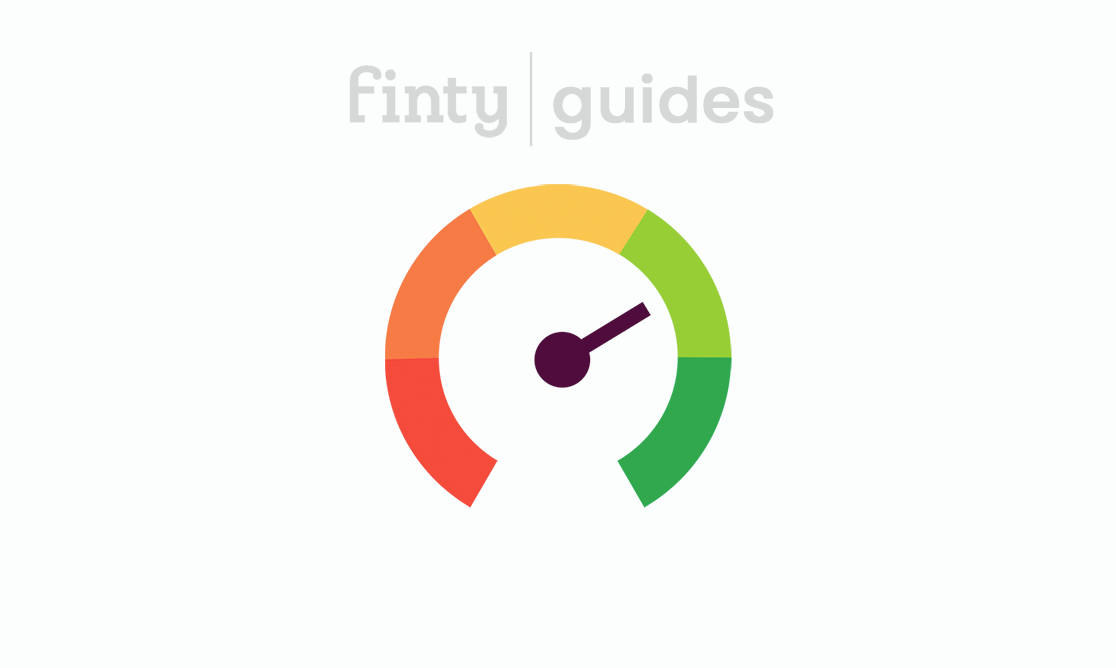You are definitely not the only person to question the impact of closing down a credit card may have on their credit score. According to the RBA, the number of active credit card accounts in Australia has been falling steadily since 2018 (even as the number of transactions made on plastic has continued to grow).1
Our credit scores are based on the information listed in our credit files. This includes both active accounts as well as closed accounts. A credit card is only part of your credit file. It’s impact on your credit score is dependent on the other details listed in your file.
So does closing a credit card affect your credit score? That short answer is — as is the case for many financial matters — it depends. We’ll dive into some of the positives and negatives to consider before closing a credit card.
It’s also worth noting that if you close off an old credit card account after getting a new one, then this is unlikely to change your overall credit score.
Concerned about your credit score? Monitor how it changes with Finty. Get started here.

In this guide
How closing a credit card can improve your credit score
Closing a credit card can improve your score if it lowers your potential risks to lenders. This could include closing an account with a high credit limit or if it demonstrates you have settled all outstanding payments.
If you have made late payments or defaults in the past, closing your credit card can show you are stepping up to take control of your debt. If closing off one card enables you to make other payments on time that could help boost your credit score.
How closing a credit card can damage your credit score
If you already have some missed payments or late payments, simply cancelling the card could hurt your credit score (or have no effect). If the card was your only credit account, meaning there are no other loans or mortgage in your name, then it could limit your credit score changing or even dropping until you apply for a new line of credit.
If you have a lot of recent applications or many closed cards over a short period of time lenders may see this as risky behaviour.
If you are considering closing down an old credit card account because of a balance transfer, it may be worth reading our guide to how balance transfers affect credit scores.
Is it better to keep the card and not use it?
Again, it depends. If your account remains inactive, it could be closed by your provider due to inactivity. This could lower your score. The other risk would be an outstanding balance you were unaware of.
Generally speaking, your credit score is mostly unaffected by inactivity on your credit card. But it’s worth considering whether keeping a card that you potentially pay an annual fee on, and don’t use, is beneficial for your circumstances.
How to protect your credit score
Thanks to comprehensive credit reporting, credit providers must supply information about how you manage your loans and repayments.
Credit providers include banks and credit unions but also utility providers such as telcos, power companies, and internet providers. Ensuring you pay all your bills on time and in full is key to protecting your credit score to the best of your ability.
There are other things you can do, which you can read in our guide to improving your credit score.
Looking for a new credit card? Check out our credit card comparison.
Articles sources
1 RBA. "Payments Data, https://www.rba.gov.au/payments-and-infrastructure/resources/payments-data.html".

